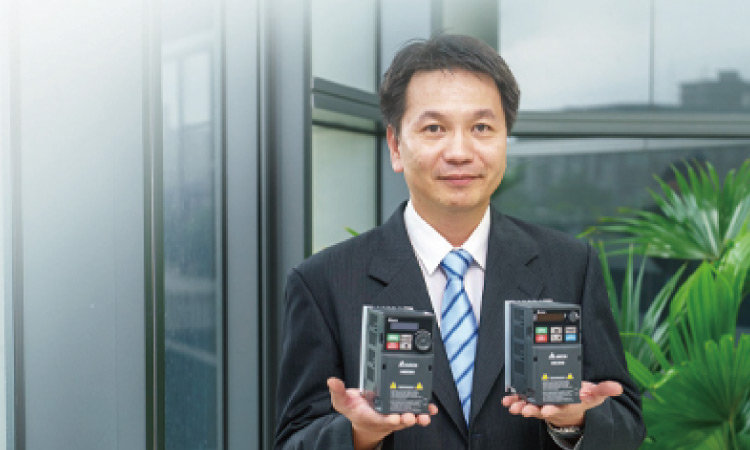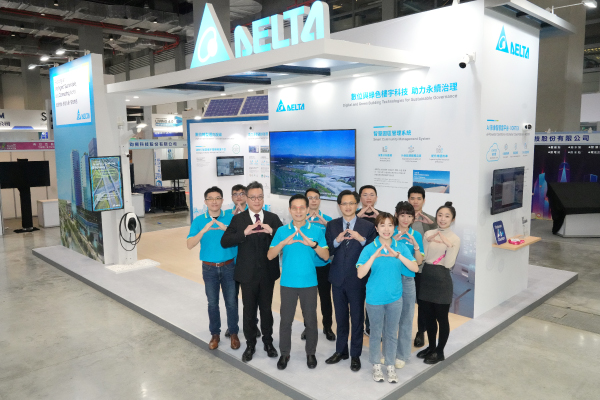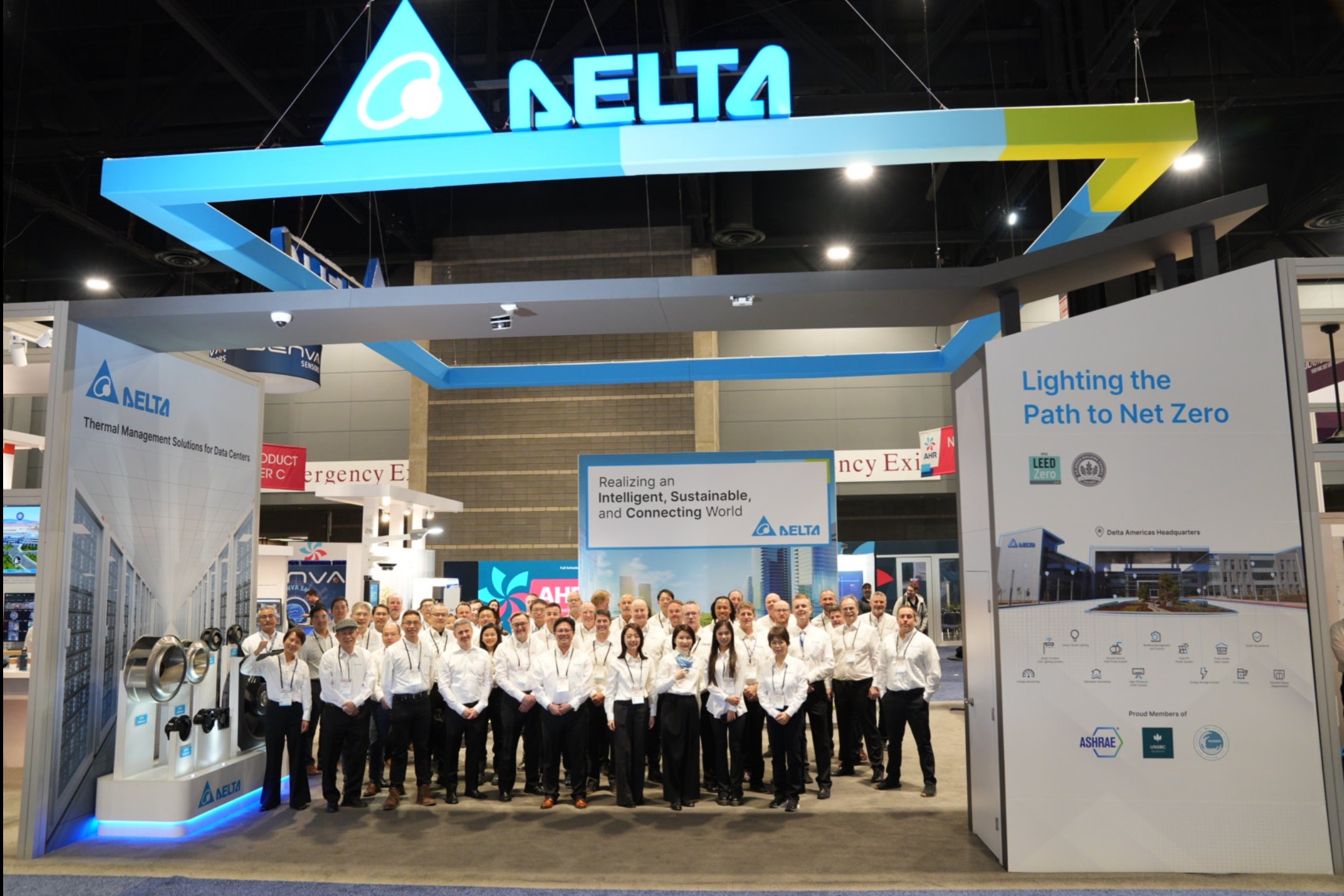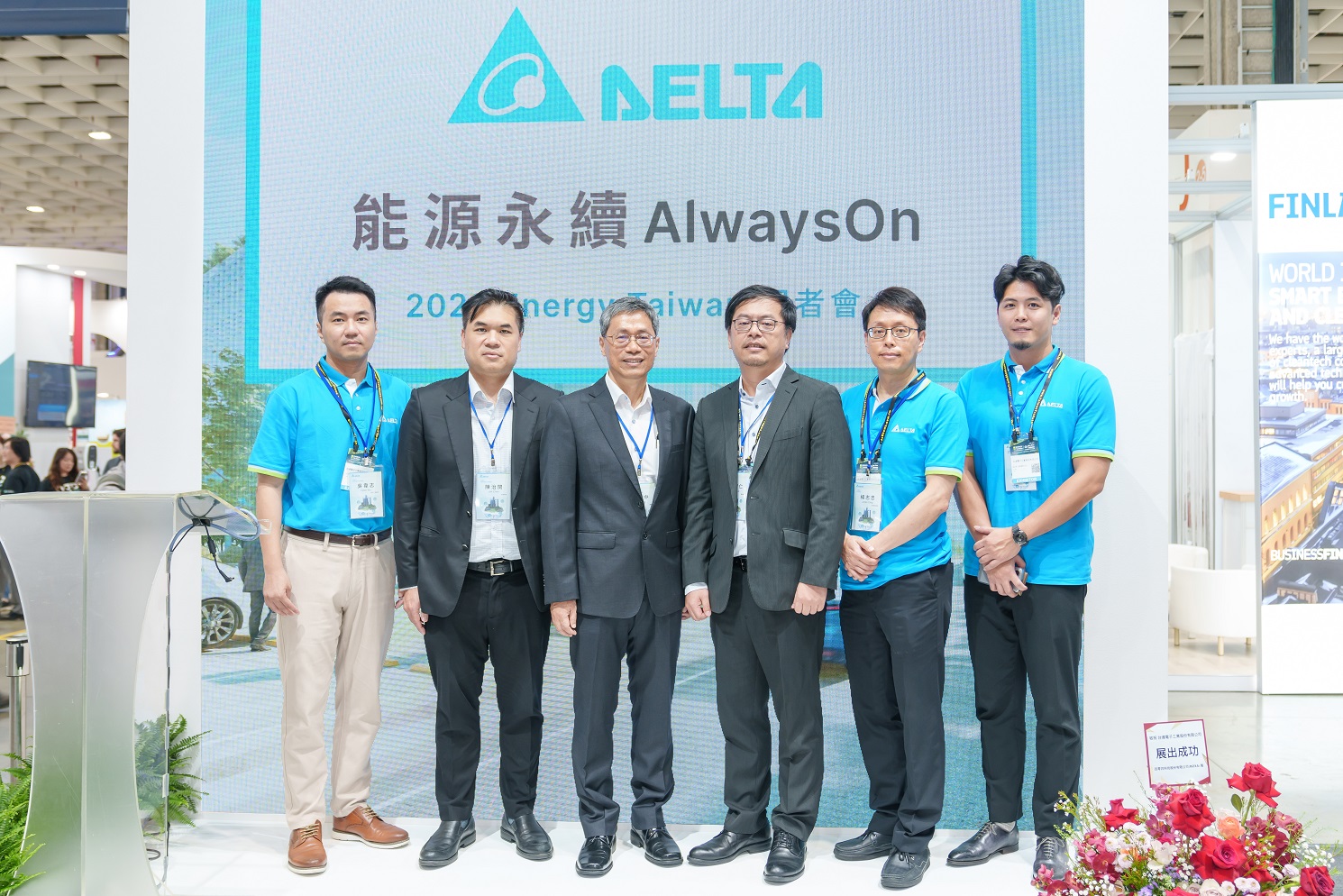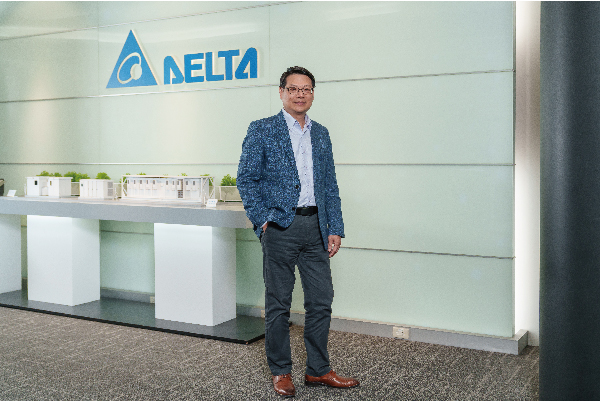With over 20 years of development, Delta has continued to expand its market share of inverters by providing high quality and performance. It has not only boosted its brand awareness in the industrial automation field, but has also received recognition from customers in diverse industries such as textile, packaging, woodworking, electronic manufacturing, rubber and plastic, food and beverages, water treatment, metallurgy, and more. In recent years, the growth of the general inverter market has slowed due to the economic environment. However, Gavin Chang, the General Manager of the Delta Motor Drive System Business Unit expressed satisfaction with the sales performance of Delta's products. "Building on the double-digit growth of 2020, Delta's inverters continue to perform well in the first quarter of 2021." In addition to the MH300, MS300, and ME300 Series, which have been the mainstay of growth, Delta has also achieved excellent results in various industrial applications. In terms of energy efficiency, Delta's synchronous reluctance motors (SynRM) have become one of the best choices for industrial customers to save and reduce energy consumption. The motors show significant energy-saving capabilities and can be coupled with fans, pumps, air compressors, and extruders for a wide range of applications. As for the high-power market segment, Delta has launched its new Motion Control Drive System to meet customers' needs for precise positioning with a high-power range of 15 ~ 80 kW. Gavin also mentioned, "Observing the industrial trend of integration, Delta has analyzed the market and figured out the needs of machine makers and end-users. By further integrating hardware, software, and technologies such as IIoT and Cyber-Physical System (CPS), Delta has introduced comprehensive Machine/Factory/Process Automation solutions to help customers increase productivity and reduce operating costs."
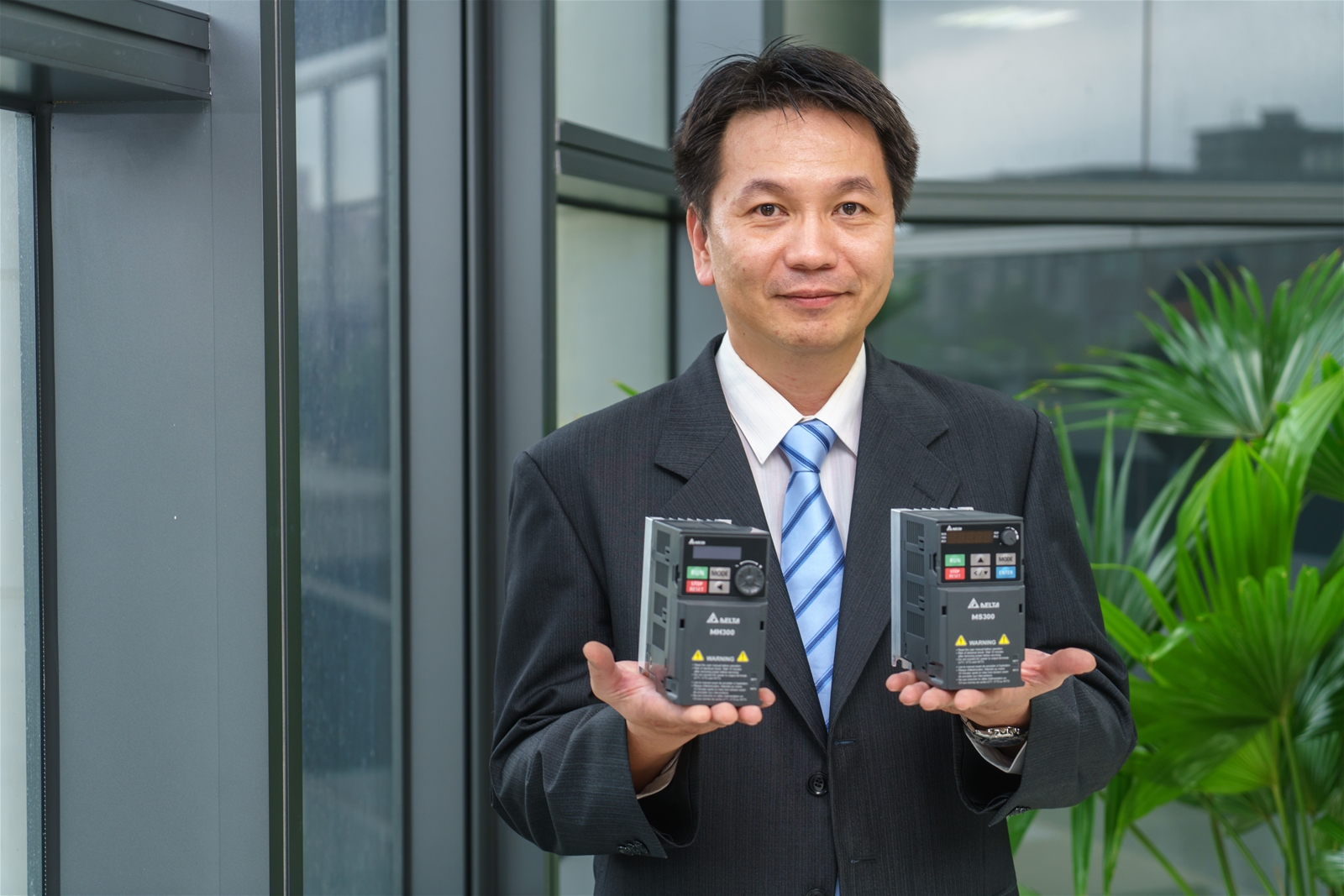
With the growing trend for carbon neutrality in the manufacturing industry, energy-saving and consumption reduction have become the focus of attention in the inverter market. In this regard, Delta upholds its corporate mission of “To provide innovative, clean, and energy-efficient solutions for a better tomorrow." Moreover, Delta signed its first power purchase agreement (PPA) at the beginning of 2021 to contribute to its RE100 commitment to reach 100% utilization of renewable energy as well as carbon neutrality in its global operations by 2030. This action in turn has expanded market space for its inverter products. Gavin believes that this trend is both a challenge and an opportunity saying, "Inverters are energy-saving products for the front line. Compatibility and energy-saving performance are both Delta's key focus in applying its full range of product designs. Inverters are an important part for systematic energy-saving.” The MH300, MS300, and ME300 product series are good examples that demonstrate Delta's design and encapsulation capabilities in independent intelligent power modules (IPM). Providing high yields and excellent stability, these products’ cumulative sales volume has exceeded one million units in the past three years. Gavin stated, "Delta invests more than 8% of its annual revenue in R&D innovation to improve the energy conversion efficiency of its products. From 2010 to 2020, Delta's energy-efficient products, including inverters, have assisted customers worldwide in saving about 33.5 billion kWh of electricity and reducing carbon emissions by 17.8 million tons."
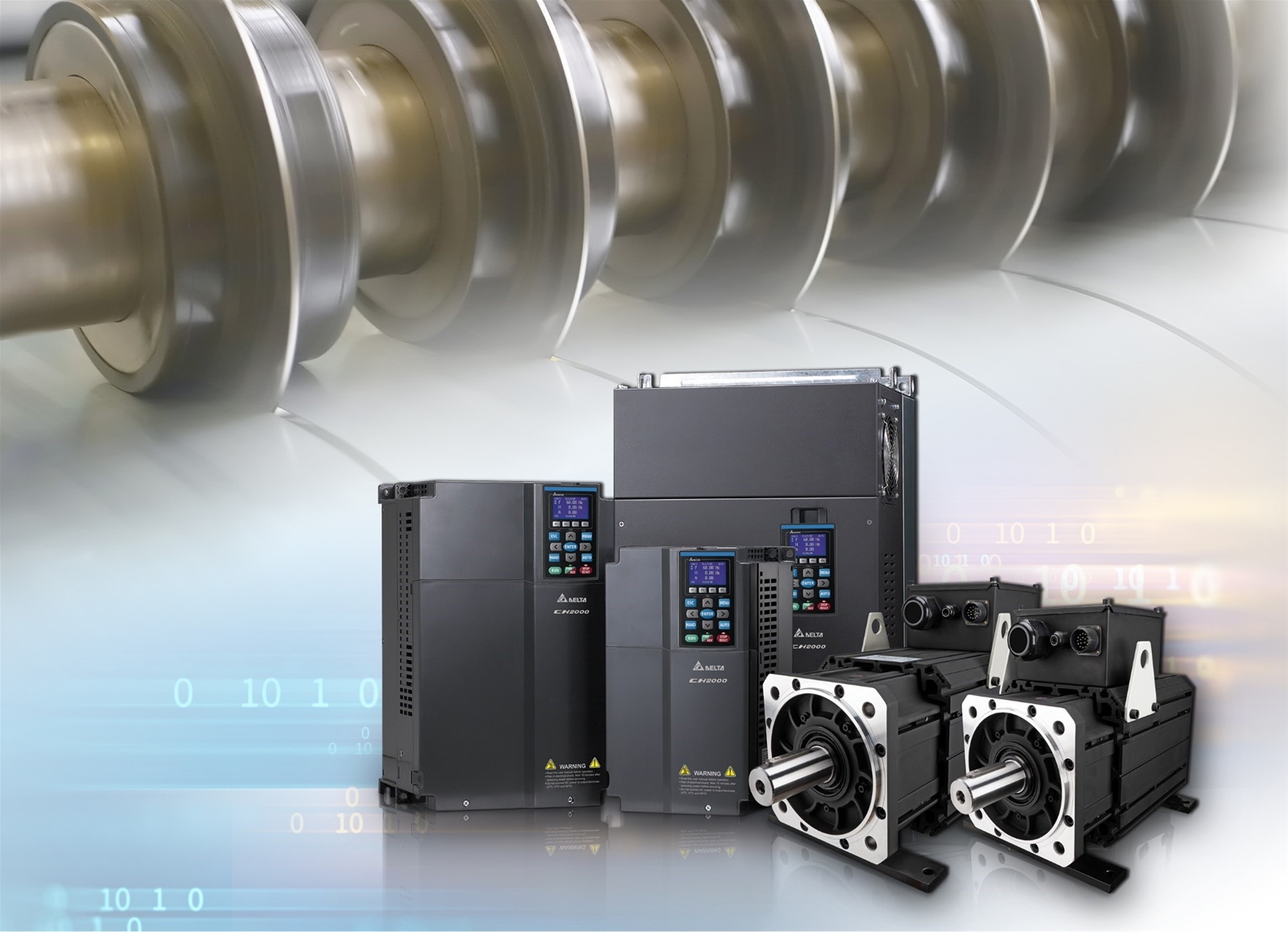
Observing industrial trends, Delta has launched its new Motion Control Drive System that focuses on 15 ~ 80kW high-power applications to meet customer needs for precise positioning when processing large and heavy goods
Since inverter technologies have reached the maturity stage, products are now facing similar challenges. Gavin believes that the key to future product competitiveness lies in specialization, systematization, and intelligence. "In response to market segmentation, specialized products with high industry attributes will continue to emerge and coexist with general models, where both multifunctional and simple products appear in the market. At the same time, compact designs that integrate PLCs, servo systems, and other functions will also become the focus of development to enhance the flexibility of future integration into smart manufacturing and to achieve the close integration of digitalization and communication capabilities.” Based on this insight, Delta has divided its product departments into high and low power, industrial, and new technology development. In addition, Delta has expanded its applications by extending the integrated power of the entire inverter system to build power drive products for industrial solutions.
With the inevitable trend of smart manufacturing around the corner, digitalized and intellectualized inverter products must meet basic performance requirements such as for energy-saving, stability, and ease of use. Delta is integrating its automation products, software, and system solutions, including automated equipment, production line integration, data collection and analysis, and even operation management. Gavin stated, "With customer needs as our guideline for product development, we will remain dedicated to introducing comprehensive solutions with high added value that help our customers build highly integrated smart factories and create a competitive advantage. By moving towards high-mix low-volume (HMLV) manufacturing, Delta is building momentum to fulfill its promise of "Digitized Automation for a Changing World."






